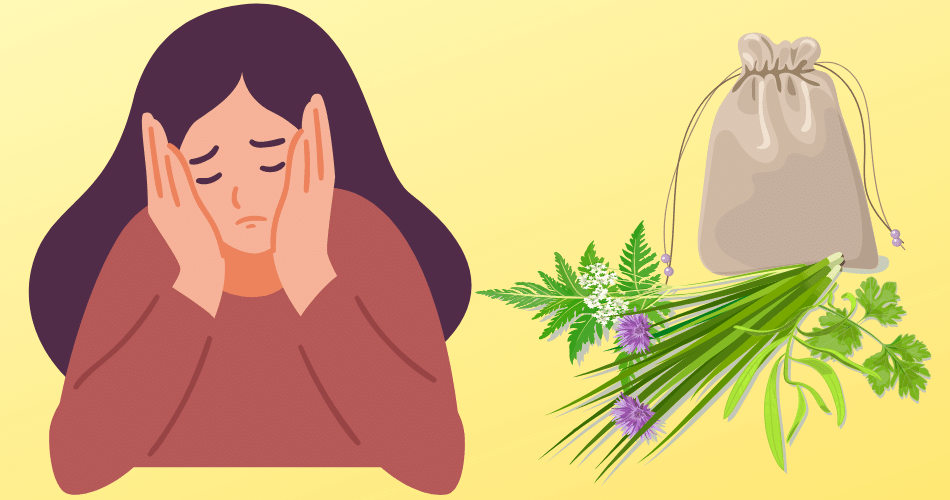
Anxiety, worry, and fear are all-natural. In the modern world, psychiatric disorders, mainly anxiety, depression, and insomnia, become very common. Anxiety is a reversible emotional state in which the feeling of fear is unequal to the threat (1). If feelings stay for a short period is natural, but if these feelings remain for a long period, it affects physical and mental health. It will negatively affect both society and individuals. According to the World Health Organization (WHO), anxiety will be the second significant illness globally by 2020.
The pharmaceutical medication causes various adverse events, and individuals become additive to medication. For this reason, the demands for herbs are increasing with time. Therefore, the branch of herbal medicine, herbal psychopharmacology, has established much reputation over the past decades (2). Commonly used herbs for the treatment of anxiety are given below:
1. Kava
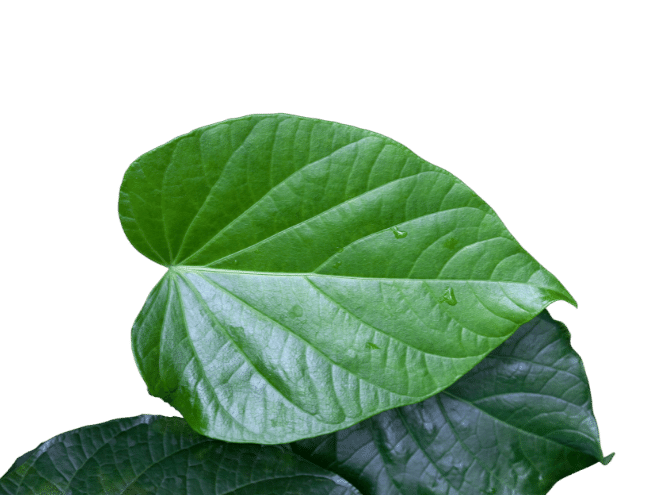
Kava has a potent anti-anxiety activity (3). Many patients get benefitted from its effect. However, Kava causes severe liver damage, a significant side effect reported even in its short-term use. If you want to use Kava for anxiety disorder, always consult your physician first as used with caution.
2. Passionflower

In history, passionflower was used as a folk medicine for anxiety. Few studies on passionflower for its anti-anxiety effects proved that it might help with anxiety (4). It is used in combination with other herbs for synergistic effects. Passionflower is a safe herb for anxiety treatment, but sometimes it causes drowsiness, dizziness, and confusion.
3. Valerian
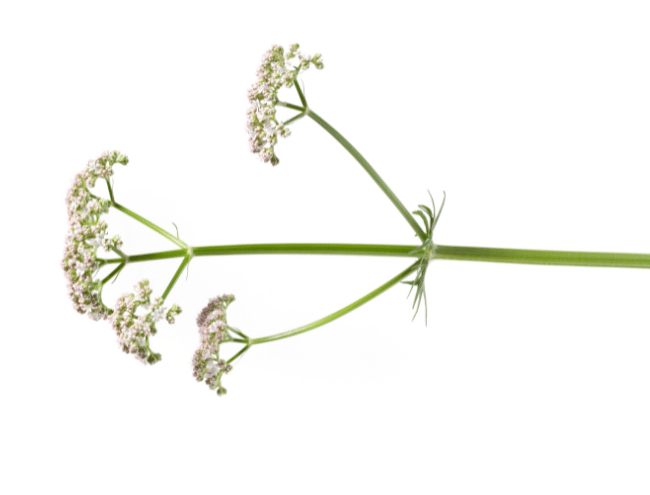
Valerian is mainly prescribed herbal medicines for insomnia and anxiety (5). Stress reduces to a great extent after valerian use, and many patients benefit from its anti-anxiety effects. It is a safe herb under physician advice. If you want to use it for the long term, take advice from the doctor. Its side effects are headaches, dizziness, and drowsiness.
4. Chamomile

Chamomile is generally considered safe and can effectively reduce symptoms of anxiety in short-term use. It has a benzodiazepine-like effect (6). Chamomile is primarily used in herbal teas or tisanes formulas. In addition, it is used for restlessness, insomnia, and other anxiety disorder.
5. Lavender
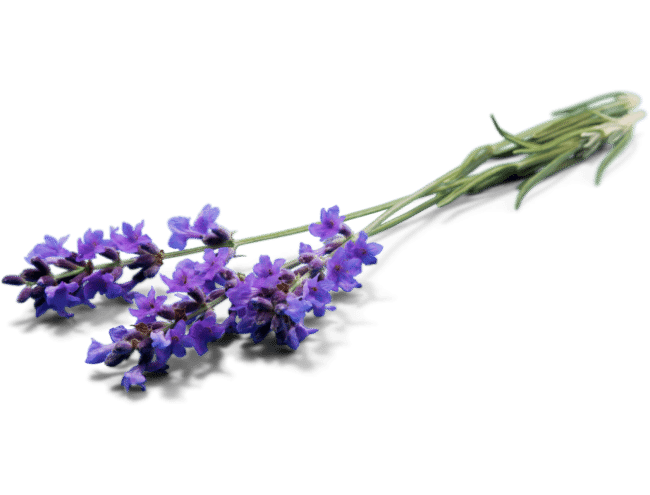
Lavender is a popular herb for aromatherapy. It is used as an essential oil to reduce anxiety and depression and produce a calmful sleep. Oral lavender can cause constipation and headaches. It causes restlessness in excessive doses. Some side effects of lavender are increased appetite, cause low blood pressure and increased therapeutic effects of other medications(7).
6. Lemon balm
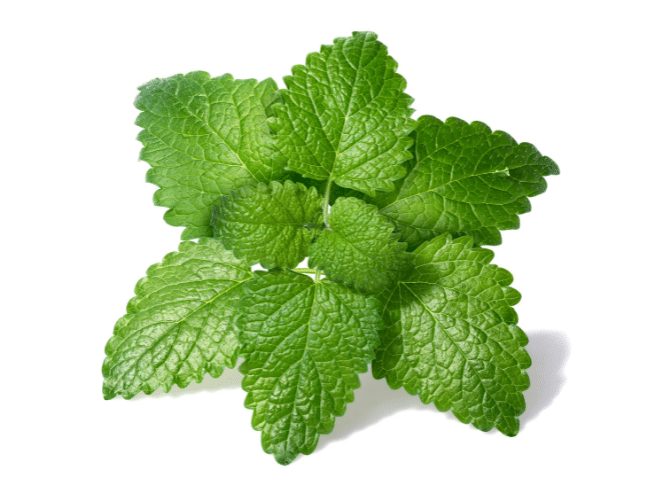
Lemon balm is used for the short-term treatment of nervousness and excitability. Different studies show that it is effective against anxiety(8). Lemon balm is safe and well-tolerated, only for short-term use. Sometimes, it causes nausea and abdominal pain.
7. Galphimia glauca
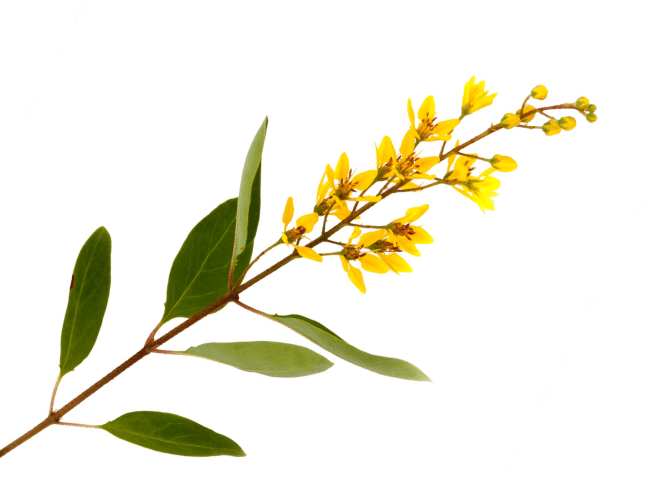
Galphimia glauca is used as a “nerve tranquilizer.” However, it has an anxiolytic effect. One study conducted in 2007(9) also found that patients on Galphimia glauca show a reduction in anxiety and depression and show a positive response to treatment.
8. Astragalus
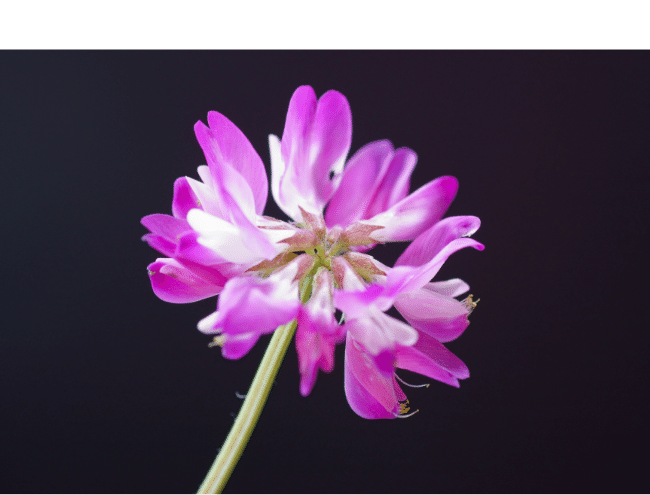
Galphimia glauca is used as a “nerve tranquilizer.” However, it has an anxiolytic effect. One study conducted in 2007(9) also found that patients on Galphimia glauca show a reduction in anxiety and deKoreanherbAstragalus has been used for stress-related illnesses. It increases learning and also sharpens memory (10). No clinical trial was done on astragalus anti-anxiolytic effects. Some studies on stress management in hemodialysis patients showed a positive result.
Pearls of wisdom
Herbs have been used to treat a variety of ailments for thousands of years. Scientific studies show that some herbs can help reduce anxiety symptoms. Some herbal products may cause adverse effects, as with prescription medicines. Natural remedies may also take a little longer to work. When choosing a specific treatment, people take account of these factors. But you should consult your doctor before starting to take herbal products.
Reference:
- Weinberger DR. 2001Anxiety at the frontier of molecular medicine. New England Journal of Medicine 344 1247 1249
- Sparreboom A. Cox M. C. Acharya M. R. Figg W. D. 2004Herbal remedies in the United States: potential adverse interactions with anticancer agents. Journal of Clinical Oncology 22 2489 2503
- Bruner NR & Anderson KG. 2009Discriminative-stimulus and time-course effects of kava-kava (Piper methysticum) in rats. Pharmacology Biochemistry & Behavior 92 297 303
- Dhawan K. Kumar S. Sharma A. 2002Comparative anxiolytic activity profile of various preparations of Passiflora incarnata linneaus: a comment on medicinal plants’ standardization. The Journal of Alternative & Complementary Medicine 8 283 291
- Donath F. Quispe S. Diefenbach K. Maurer A. Fietze I. Roots I. 2000Critical evaluation of the effect of valerian extract on sleep structure and sleep quality. Pharmacopsychiatry 33 47 53
- Keefe, J. R., Mao, J. J., Soeller, I., Li, Q. S., & Amsterdam, J. D. (2016). Short-term open-label chamomile (Matricaria chamomilla L.) therapy of moderate to severe generalized anxiety disorder. Phytomedicine, 23(14), 1699-1705.
- Donelli, D., Antonelli, M., Bellinazzi, C., Gensini, G. F., & Firenzuoli, F. (2019). Effects of lavender on anxiety: A systematic review and meta-analysis. Phytomedicine, 65, 153099.
- Scholey, A., Gibbs, A., Neale, C., Perry, N., Ossoukhova, A., Bilog, V., … & Buchwald-Werner, S. (2014). Anti-stress effects of lemon balm-containing foods. Nutrients, 6(11), 4805-4821.
- Herrera-Arellano A. Jimenez-Ferrer E. Zamilpa A. Morales-Valdez M. CE Garcia-Valencia Tortoriello J. 2007Efficacy and tolerability of a standardized herbal product from Galphimia glauca on generalized anxiety disorder. A randomized, double-blind clinical trial controlled with lorazepam. Planta Medica 73 713 717
- Park H. J. Kim H. Y. Yoon K. H. Kim K. S. Shim I. 2009The Effects of Astragalus Membranaceus on Repeated Restraint Stress-induced Biochemical and Behavioral Responses. Korean Journal of Physiology and Pharmacology 13 315 319
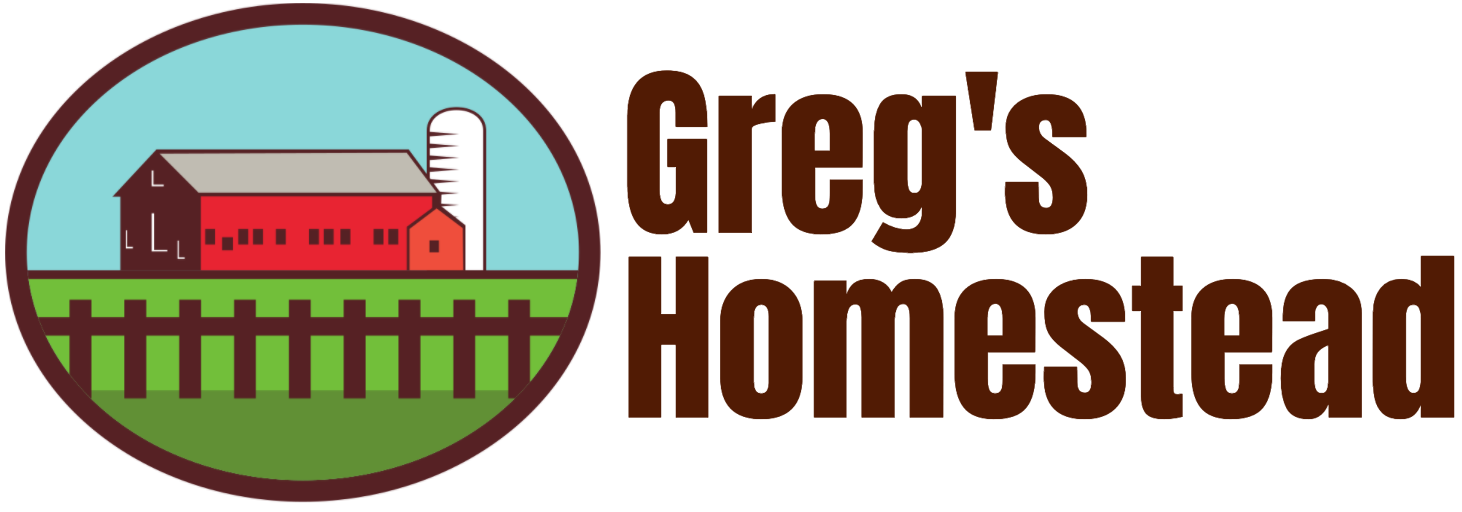
Definitely believe that which you stated. Your favorite justification appeared to be on the internet the simplest thing to be aware of. I say to you, I certainly get annoyed while people think about worries that they plainly dont know about. You managed to hit the nail upon the top and also defined out the whole thing without having side-effects , people could take a signal. Will probably be back to get more. Thanks!
Thank you very much for your kind words! If you feel like doing it, you’re welcome to share this article with a friend who might need it. Hope to see you back soon 🙂
I appreciate you sharing this article post.Much thanks again. Cool.
Thank you! I’m glad you like it!